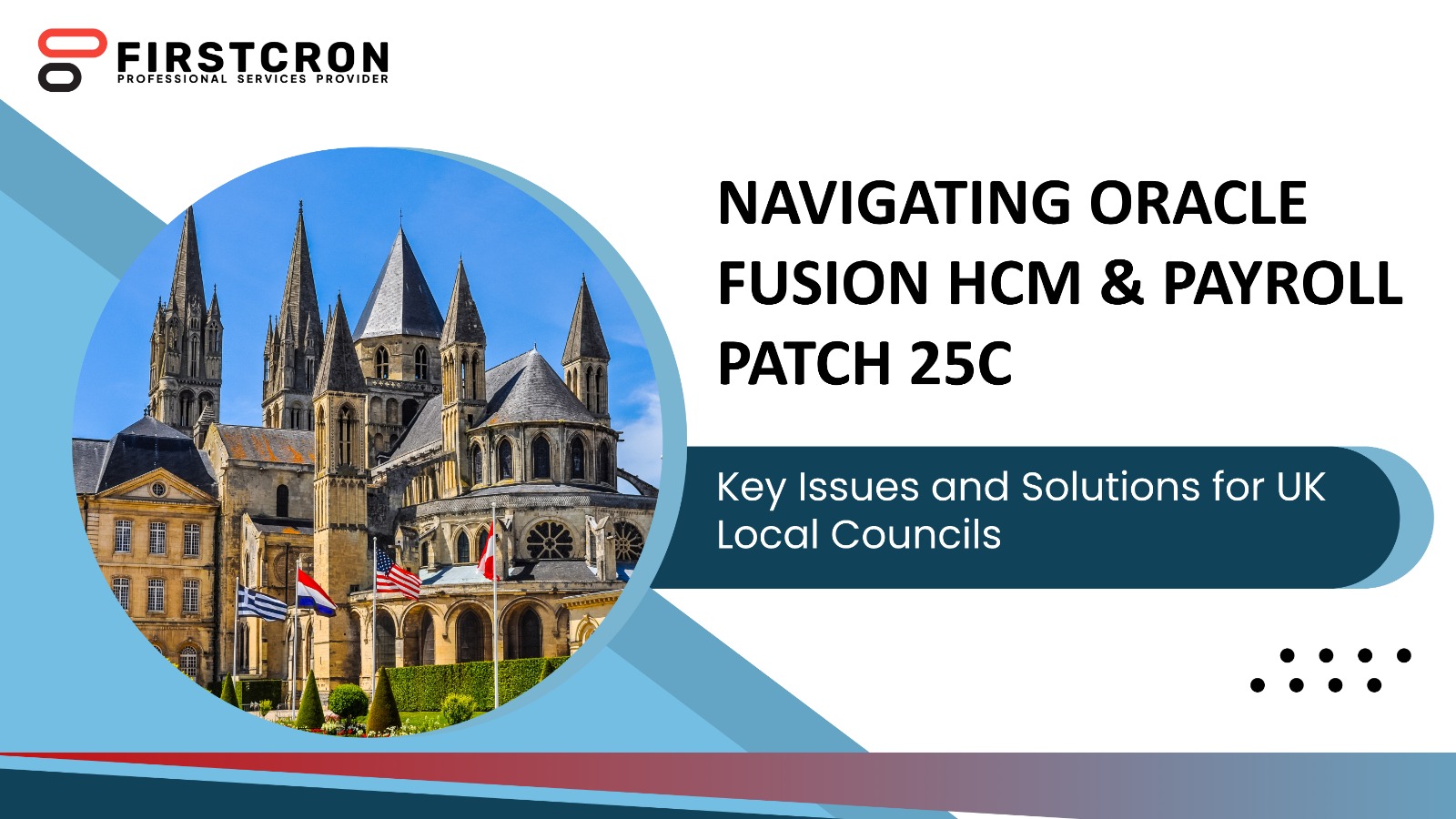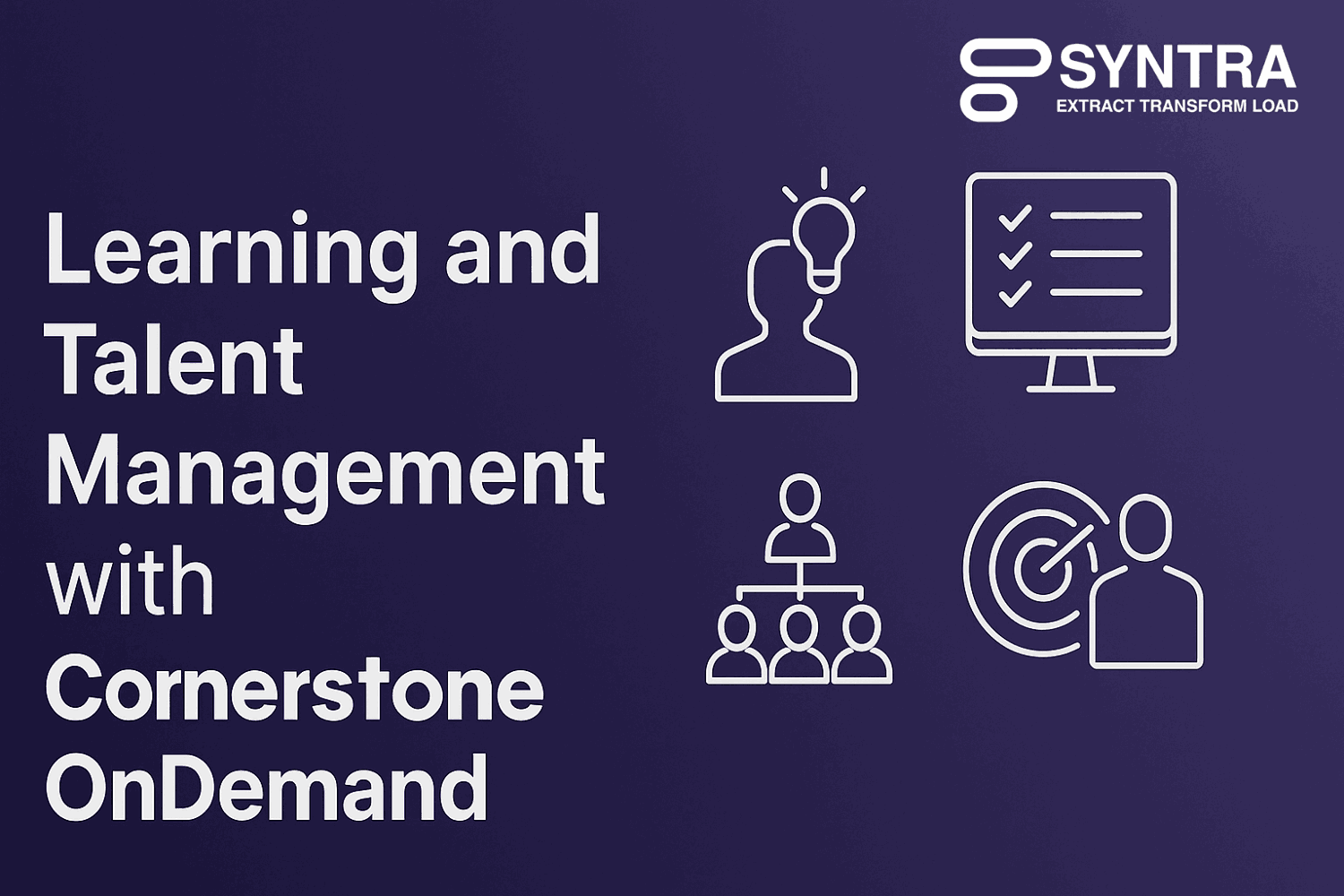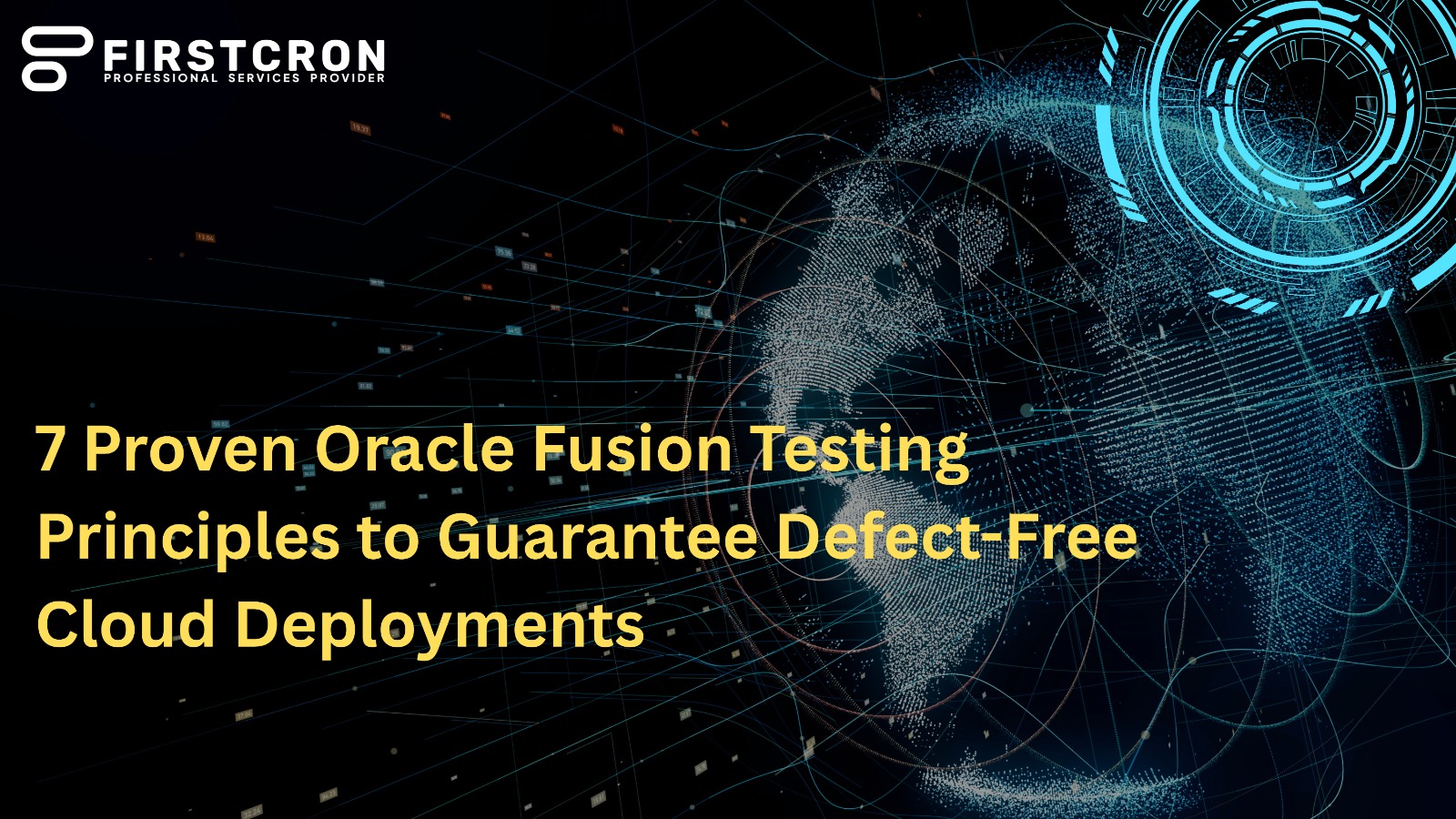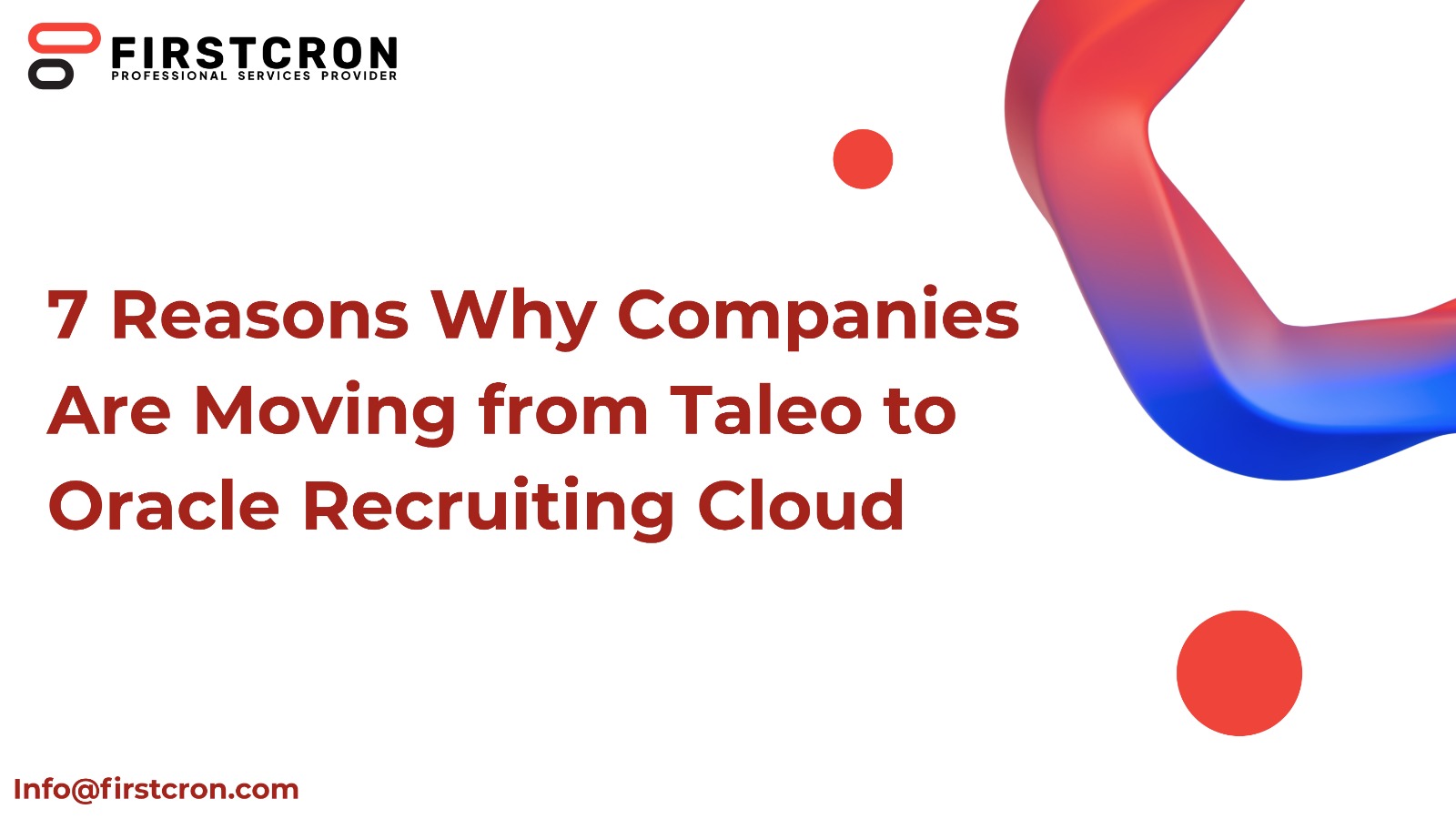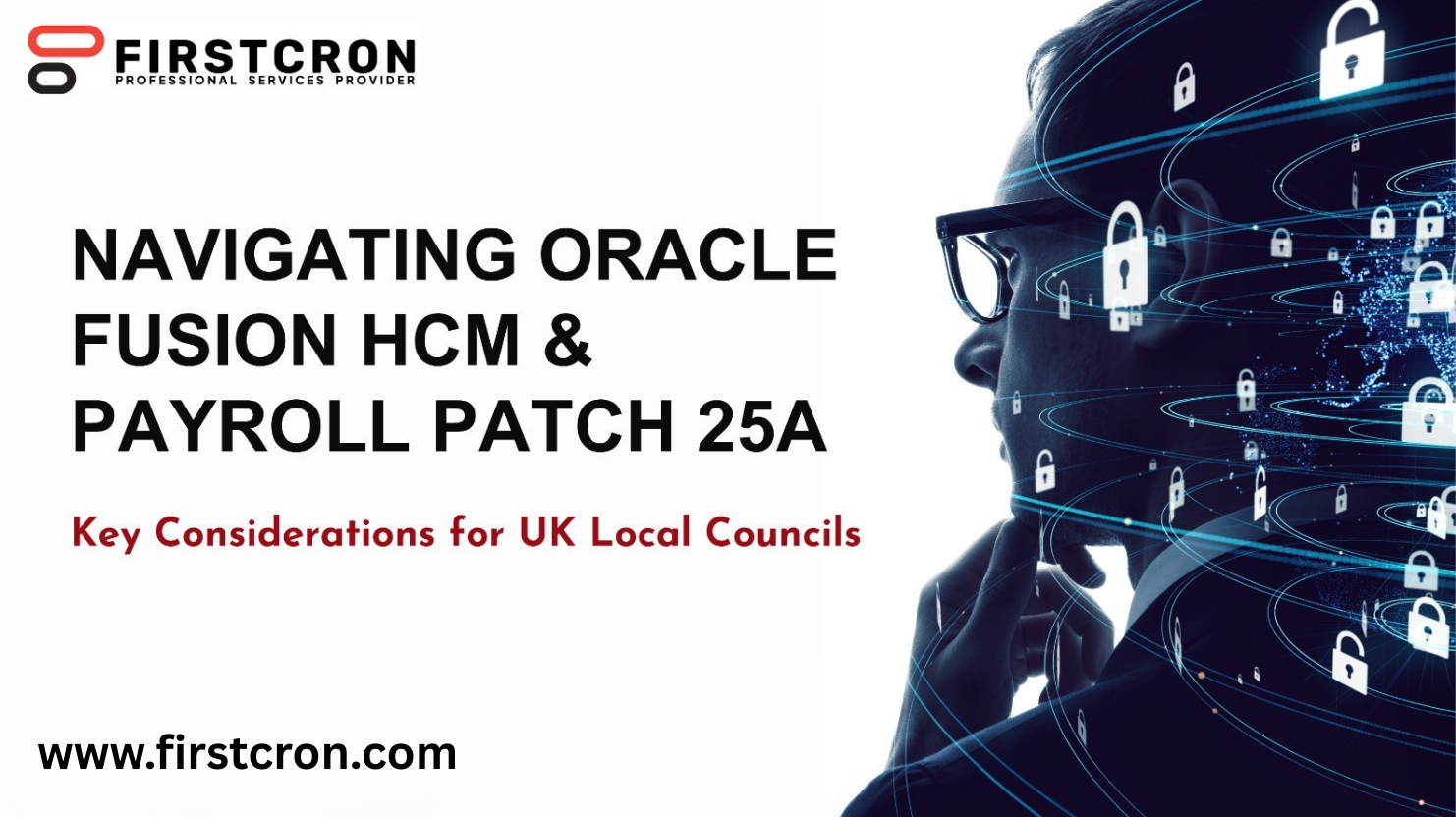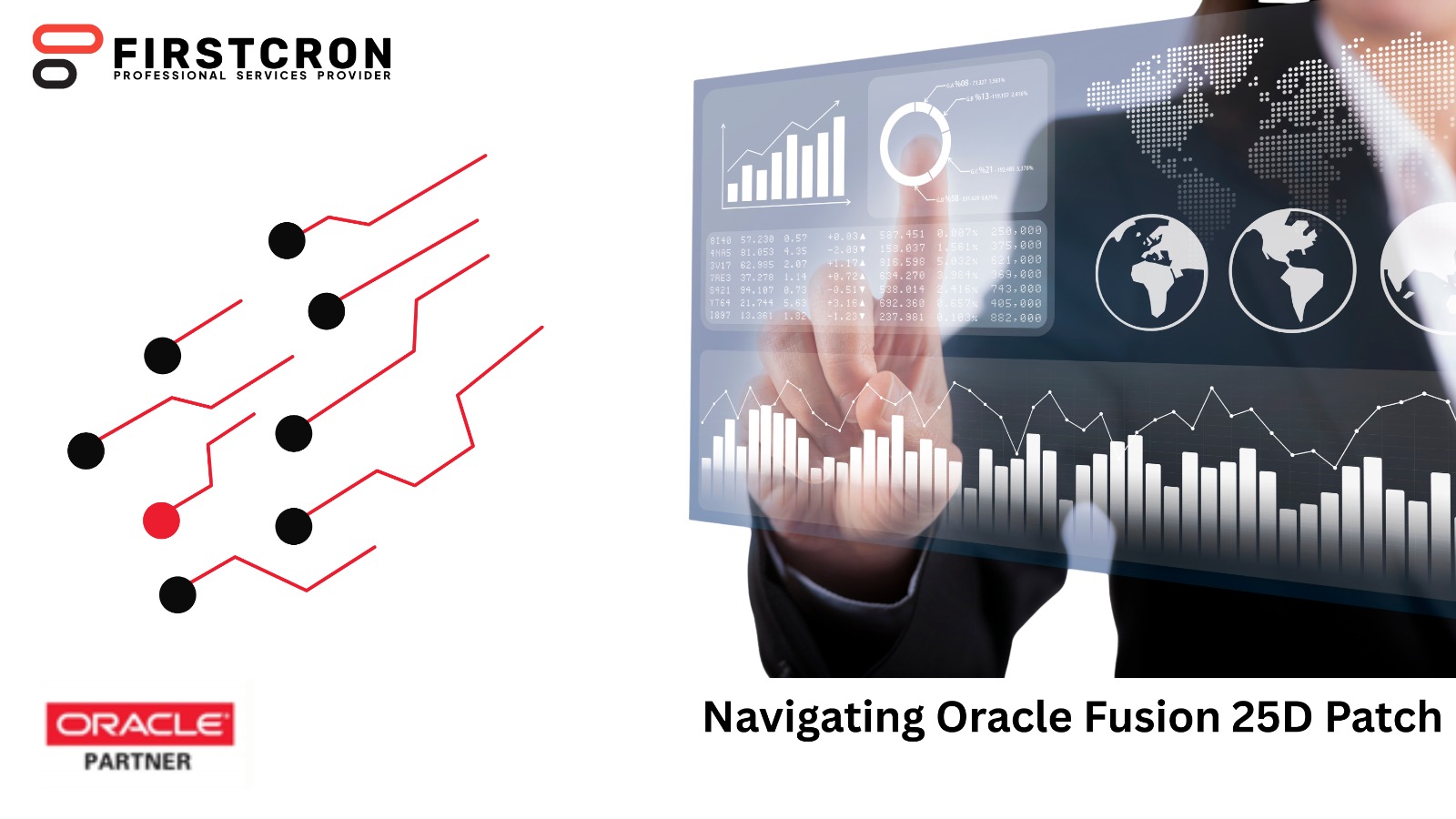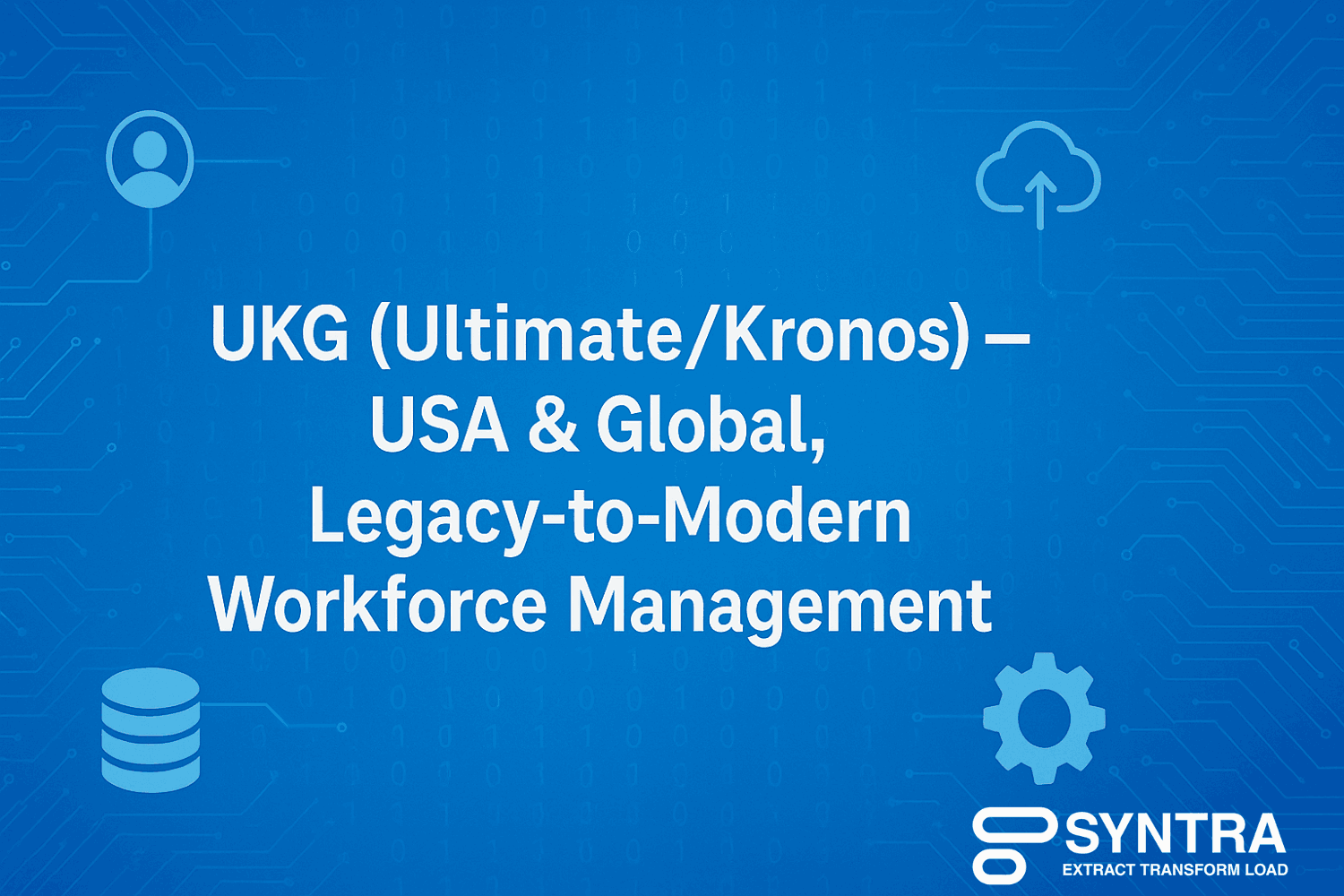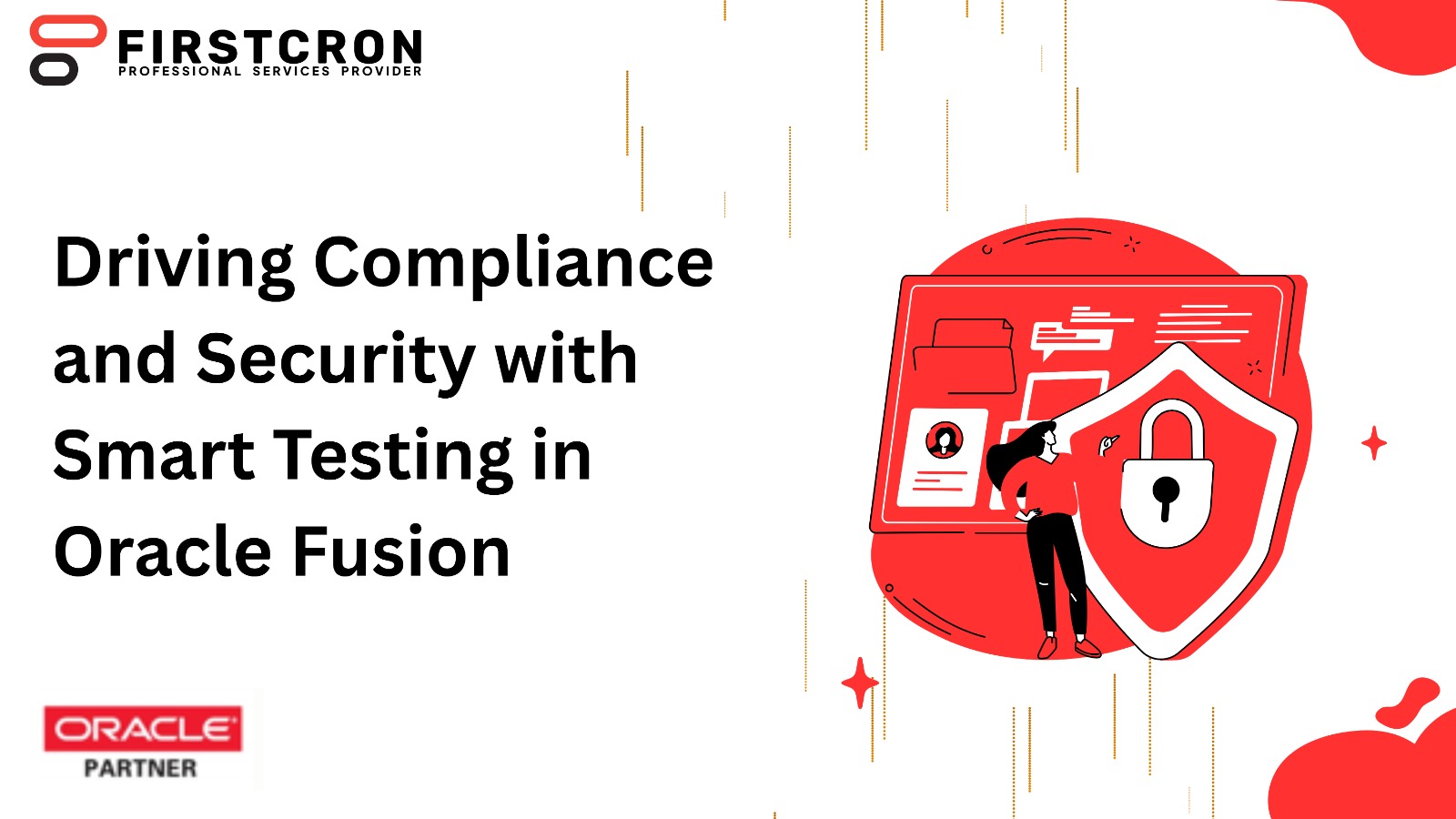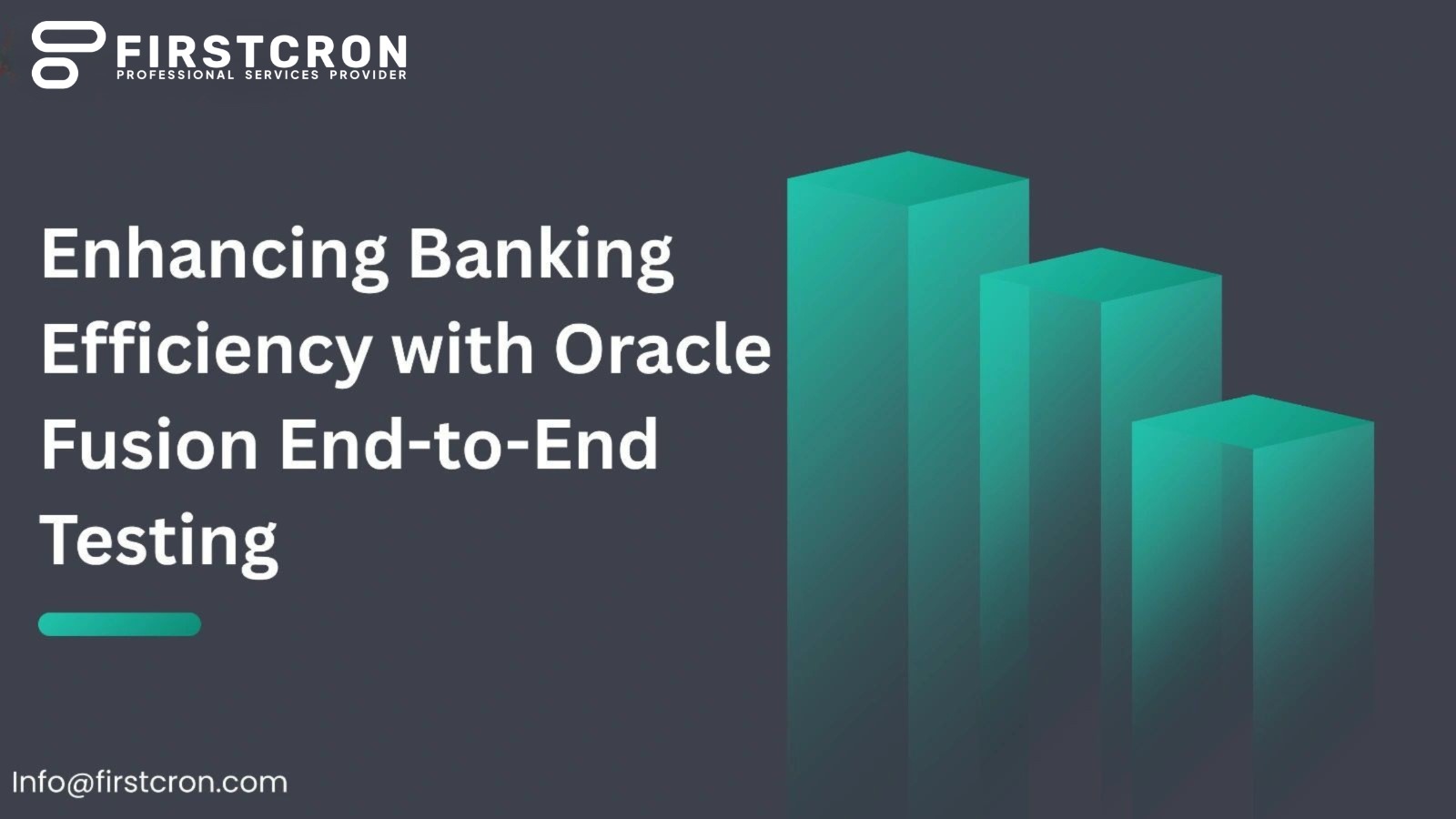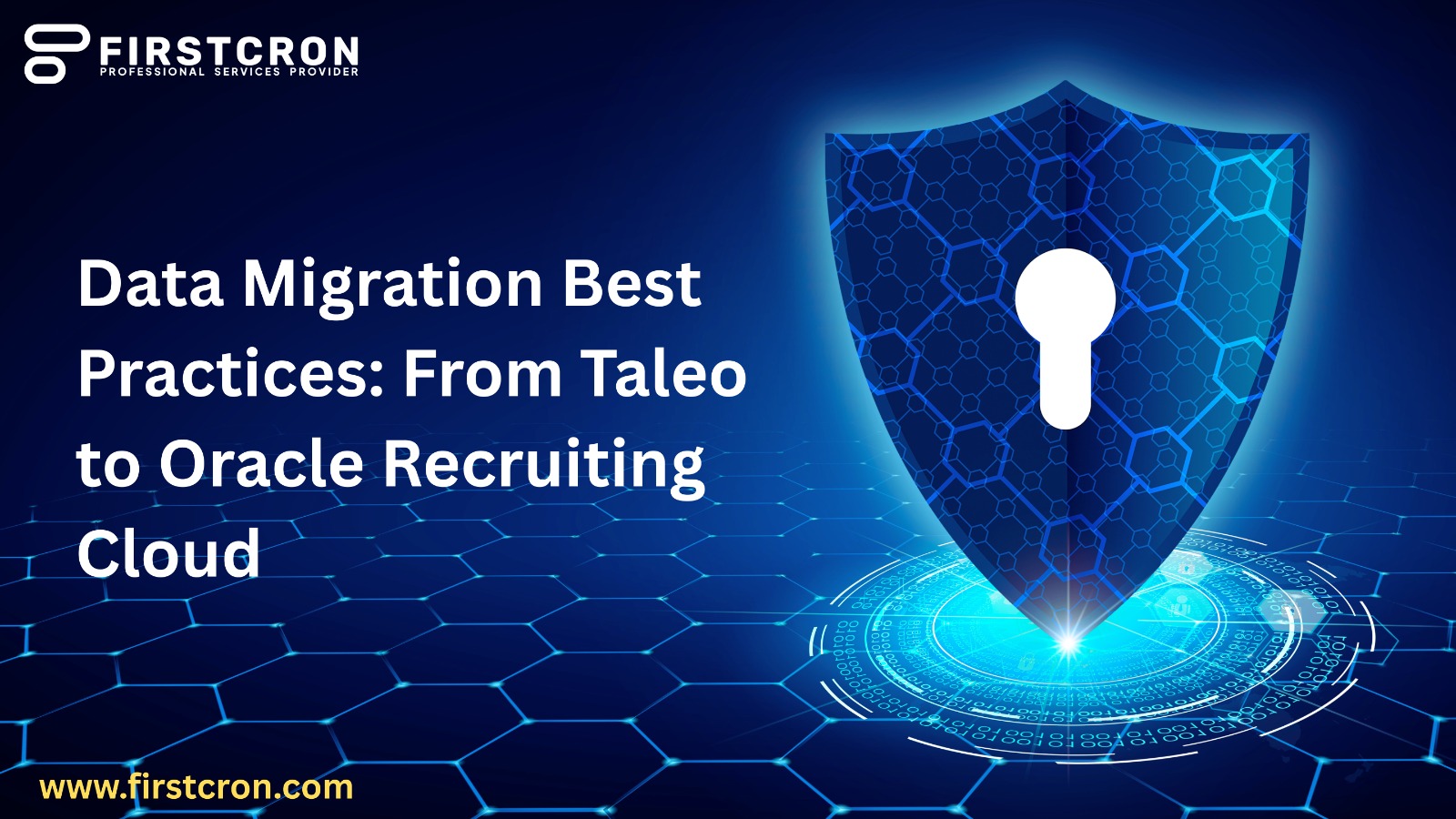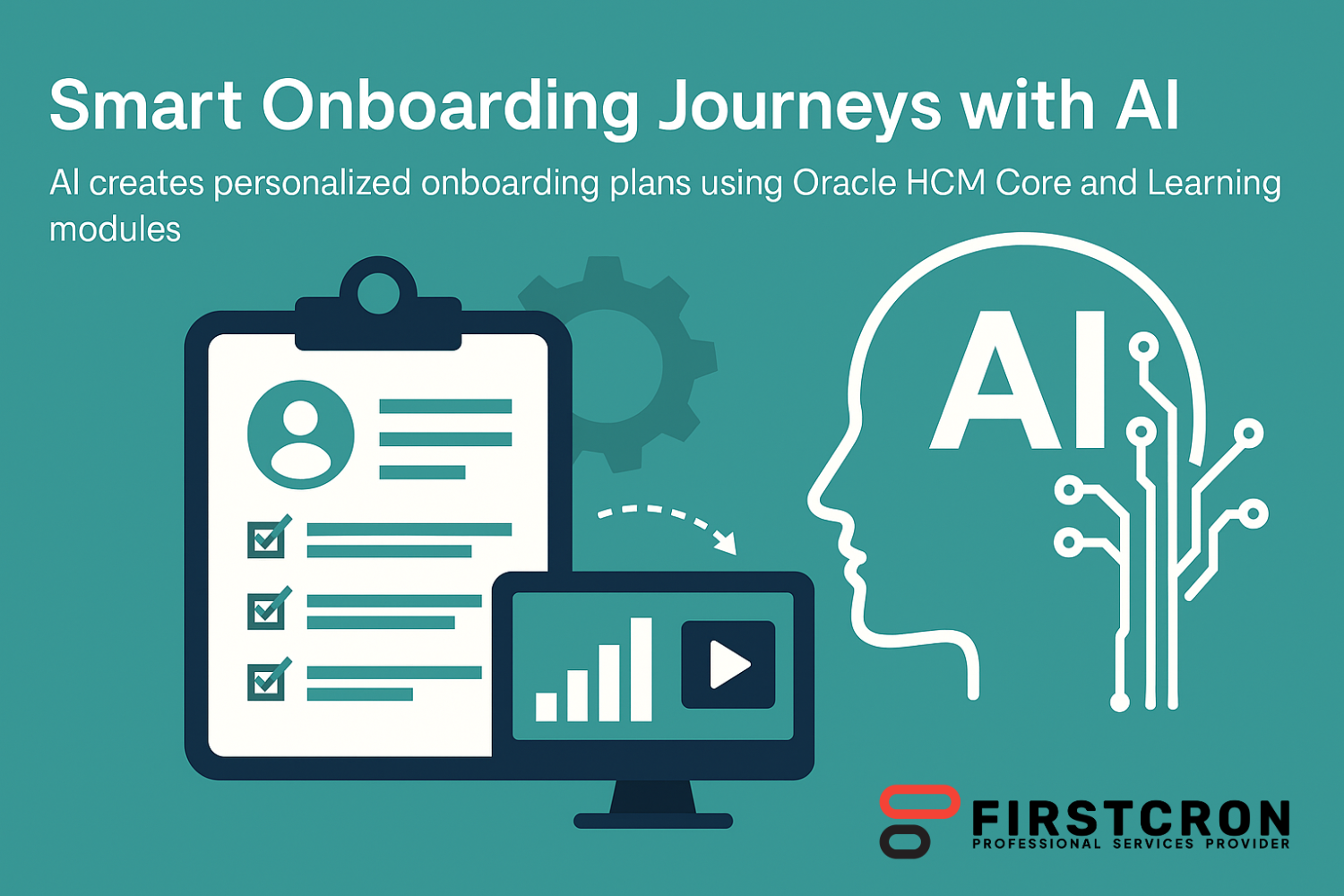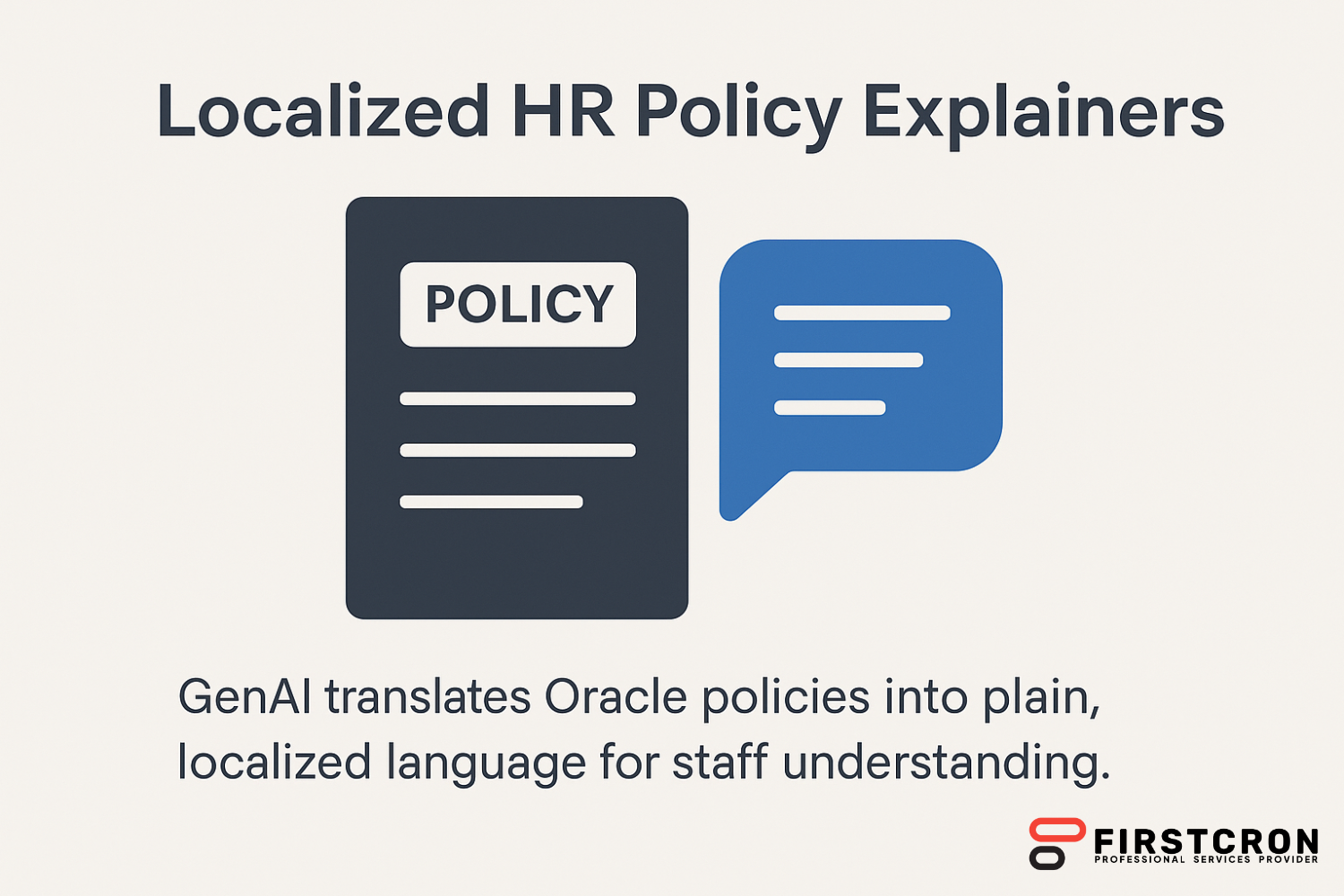
In a global company like Oracle, HR policies form the backbone of compliance and workplace culture. These documents cover critical areas such as conduct, benefits, data security, and employee responsibilities. Yet, they are often written in dense, legalistic language that leaves employees confused. What seems straightforward to a legal team may feel overwhelming to someone just trying to understand workplace expectations.Generative AI (GenAI) offers a solution. It can transform complex policies into clear, localized explainers that employees across regions understand and trust. This approach ensures compliance while fostering inclusivity and transparency.
In this blog we’ll cover
The Challenge Of Traditional HR Policies
HR policies at large multinationals must satisfy legal, compliance, and operational requirements across many jurisdictions. While thorough, this necessity makes them difficult to interpret. Employees often find themselves lost in jargon or struggling to see how a rule applies in daily practice.
Take data privacy as an example. Policies reference frameworks like GDPR in Europe and CCPA in California, but staff in other regions may not know how these rules affect their work. Without plain-language guidance, compliance gaps appear and training becomes less effective.
How GenAI Brings Clarity
GenAI transforms Oracle’s HR documents by breaking them into three steps. First, it identifies the core intent of each policy, separating essential rules from excess legal detail. Next, it rewrites the text in simple, plain language. Finally, it localizes the explanation so that an employee in Japan or Brazil sees references and examples that match their legal and cultural environment.
The result is a policy document that retains legal accuracy but communicates in a voice employees immediately understand.
Benefits Of Localized Explainers
Clarity in HR policies is more than convenience; it has tangible impact. Employees who understand rules are less likely to make compliance errors, and onboarding becomes faster because staff can quickly interpret what’s expected of them. Training sessions shift away from explaining legal jargon and instead focus on applying the rules in real scenarios.
Equally important, employees feel included. Not everyone is comfortable with corporate English, and localized explainers create a sense of fairness by removing language barriers. This inclusivity fosters trust, showing that Oracle values transparency and respect across cultures.
Example In Action
Consider Oracle’s Code of Conduct. A traditional version might read:
“Employees shall refrain from engaging in activities that present actual or perceived conflicts of interest, including but not limited to financial dealings with competitors, suppliers, or clients.”
GenAI turns this into something far clearer:
“Avoid situations where personal interests, like gifts or side jobs, might clash with Oracle’s business.”
The meaning remains the same, but the impact is stronger because employees can immediately see how the rule applies to their lives.
Concise Policy Comparison
| Policy Area | Traditional | GenAI Version |
|---|---|---|
| Conflict of Interest | “Activities that present actual or perceived conflicts…” | “Avoid gifts or side jobs.” |
| Data Privacy | “Adhere to GDPR, CCPA, and legal frameworks.” | “Follow local data laws.” |
| Workplace Conduct | “Harassment, discrimination… not tolerated.” | “Be respectful.” |
| Company Resources | “Assets to be utilized solely for authorized business.” | “Use tools for work only.” |
| Remote Work | “Adhere to productivity and communication standards.” | “Stay responsive at home.” |
This compact view shows how GenAI trims excess language while protecting the intent.
Why It Matters
The value of localized explainers lies in their ability to connect employees to policy in ways traditional documents cannot. They make rules actionable by translating abstract requirements into clear expectations. They also enhance inclusivity by respecting cultural and linguistic diversity, and they reduce training costs by minimizing the need for lengthy explanations. In doing so, they empower employees to act with confidence, knowing they understand both the spirit and the letter of the policy.
Considerations For Implementation
Adopting GenAI for HR policy communication requires care. Accuracy must be protected through legal review so that simplified versions remain binding. Cultural nuances must also be respected; what is acceptable conduct in one region may not be appropriate in another. Finally, employees must trust the process. HR teams should emphasize that AI is a tool for clarity, not a substitute for official rules, and that every translation is validated before use.
The Road Ahead
The future of GenAI in HR communication extends beyond static explainers. Employees may soon interact with policy chatbots that answer questions in real time, or receive video explainers generated in their local language. Personalized summaries could highlight only the rules most relevant to each employee’s role. Updates could arrive as push notifications with a short AI-generated note explaining what changed.
This evolution will make policies dynamic, interactive, and easier to follow, strengthening compliance and workplace culture across the globe.
Conclusion
Oracle’s HR policies are indispensable but traditionally difficult to navigate. GenAI bridges this gap by rewriting policies into clear, localized explainers that employees across regions can easily understand. The transformation goes beyond words on paper—it builds trust, saves resources, and ensures consistent compliance.
As workplaces become more global and diverse, clarity in HR communication is no longer optional. By adopting GenAI, Oracle sets an example for how technology can turn complex rules into everyday guidance, making policy not just a requirement but an enabler of inclusivity and confidence. To explore more please visit firstcron.com.
Tags
Related Post
Navigating Oracle Fusion HCM & Payroll Patch 25C: Key Issues And Solutions For UK Local Councils
July 26th, 2025 10 min read
Learning And Talent Management With Cornerstone OnDemand
October 10th, 2025 17 min read
7 Proven Oracle Fusion Testing Principles To Guarantee Defect-Free Cloud Deployments
May 16th, 2025 15 min read
7 Reasons Why Companies Are Moving From Taleo To Oracle Recruiting Cloud
June 2nd, 2025 14 min read
Navigating Oracle Fusion HCM & Payroll Patch 25A: Key Considerations For UK Local Councils
July 27th, 2025 10 min read
WEEKEND READS
Navigating Oracle Fusion HCM & Payroll Patch 25C: Key Issues And Solutions For UK Local Councils
July 26th, 2025 10 min read
7 Proven Oracle Fusion Testing Principles To Guarantee Defect-Free Cloud Deployments
May 16th, 2025 15 min read
7 Reasons Why Companies Are Moving From Taleo To Oracle Recruiting Cloud
June 2nd, 2025 14 min read
Navigating Oracle Fusion HCM & Payroll Patch 25A: Key Considerations For UK Local Councils
July 27th, 2025 10 min read
UKG (Ultimate/Kronos) — USA And Global, Legacy-to-Modern Workforce Management
October 5th, 2025 23 min read
Driving Compliance And Security With Smart Testing In Oracle Fusion
June 5th, 2025 9 min read
How End-to-End Testing Of Oracle Fusion Enhances Operational Efficiency In Banking
May 23rd, 2025 11 min read
Data Migration Best Practices: From Taleo To Oracle Recruiting Cloud
May 28th, 2025 13 min read
Smart Onboarding Journeys With AI: Personalized Employee Integration Through Oracle HCM Core And Learning
September 13th, 2025 21 min read






